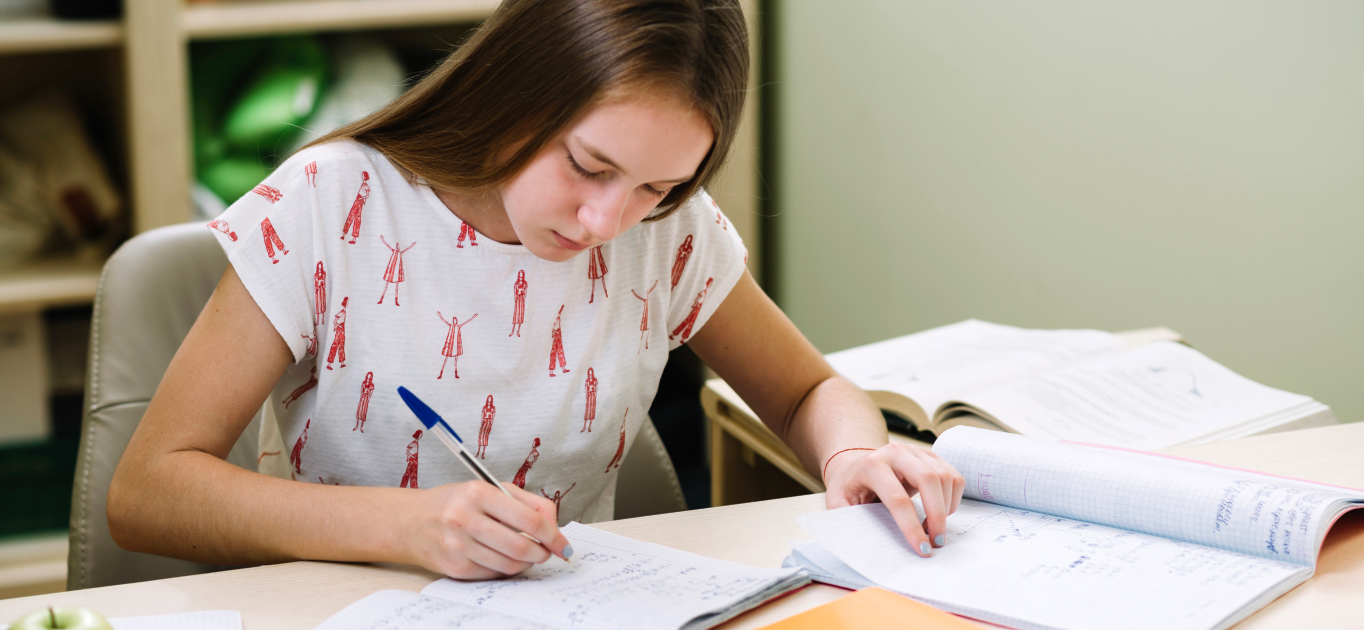Education is a necessary component of childhood, which helps to develop various aspects of life and prepare children for future challenges. It is important to understand that each child is unique and needs an individual approach to education and studying. The main goal is to teach the child to think independently, develop critical thinking and expand his worldview.
In this regard, we want to offer 12 basic tips from child psychologists that will help you find the right approach to your child's education and succeed in it.

Creating a comfortable environment for learning
Even if a child has a desire to learn, an unpleasant environment can negatively affect his academic performance. Therefore, providing support and creating a comfortable environment for learning is an important element. One of the key aspects to consider when creating a conducive learning environment is creating a comfortable space. For this, it is necessary to take into account the personality of the child. Some children are often distracted, so it is important to provide them with a quiet place to study without excessive stimuli. Other children need a stimulating space. In addition to creating a comfortable place to study, it is very important to ensure that the necessary facilities are available. These can be educational materials, a computer, printed books, tools, etc. It is important to remember that the availability and quality of these tools can affect the success of a child's education.
Teach your child in a playful way
If the child does not want to learn or does not succeed in something, you can always come up with a game where they can do certain tasks while playing. It can be any game that involves learning new material, enhancing memory, logic or creativity. Learning in a playful way will help the child maintain interest in learning and understand the material better. Children are always more interested in actions from which they get a certain result. For example, if you need to teach a child to count, you can come up with a game in which they will receive points for correct answers to math questions.
Support the child's enthusiasm
Do not impose your favorite activities, let the child pursue his hobby. Help her discover hidden talents or develop existing ones. This will help the child with self-development and confidence. For example, if your child draws, you can give him the opportunity to attend an art school or drawing classes.
Small incentives, not big rewards
Encourage the child, praise for the result, but you should not do it in monetary form or in the form of expensive gifts. Otherwise, the time will come when the child wants to sell you the results of his work for a bigger price. Instead, give your child small but nice incentives, such as words of appreciation, permission for extra playtime, extra holidays, etc.
Find a way to keep your child interested
If you find something that really interests your child, the likelihood that they will be more interested in learning will increase. For example, if they like games, use them to help in the learning process. If they are interested in art, give them the opportunity to study more intensively.
Give the child the opportunity to feel success
Provide the child with tasks that he is capable of, so that he can complete them. For example, if a child is struggling with math, provide them with tasks at a level at which they can succeed. Do not give difficult tasks that are hard to solve - they demotivate!
Maintain consistency and regularity
Create a study schedule that includes both regular classes and time for rest. This will help your child develop discipline and responsibility.
Use different teaching methods
Every child has his own special learning style. Try different methods such as visual, auditory and kinesthetic learning to find the one that works best for your child.
Use positive reinforcement
Often parents try to prevent mistakes to protect their children from the risk of doing something wrong. But mistakes are a normal stage in learning, they give the child the opportunity to learn and understand how not to do certain things in the future. Therefore, allow the child to make mistakes and use this experience for further learning. Instead of criticizing your child for mistakes, support them even if they have made a mistake. Positive reinforcement will help a child develop confidence and self-esteem, which will have a positive effect on their learning.
Collaborate with the teacher
If your child is in school, it is important to keep in touch with their teacher. Ask him/her for advice on what activities and exercises can be done at home, what topics can be further studied and how you can support a successful learning process. Being in touch with the teacher will allow you to gain more insight into your child's learning and ensure their success.
Use technology in the educational process
Modern technology can be useful in teaching children, especially those who experience difficulties in certain subjects. For example, video lessons, textbooks in electronic format, online courses and self-study programs that can help a child better understand the material and become interested in learning.
Support the child in their efforts
Even if the child does not achieve the expected results, it is important to support and encourage them. Do not compare the child with other children, evaluate his progress according to his capabilities.
Develop the child's critical thinking skills
Critical thinking is an important skill that will help a child understand the world around, as well as how to become more creative and innovative. Various tasks set for the child by teachers or parents, as well as discussions of the surrounding world, can be the motivation for the development of critical thinking.
Involve the child in various activities
A variety of activities can help a child develop different skills and interests. For example, sports, music, art and other fields 
Raising a child is an important and responsible process that requires time and patience. To create an effective learning strategy for children, it is worth focusing on motivation to learn, supporting the child's hobbies and talents, regular practice and creating a positive atmosphere at home. In addition, it is necessary to ensure the development of social skills and emotional intelligence, to stimulate independence and self-determination, and, most importantly, to give the child free time to play and communicate with peers. Keeping these aspects in mind, parents can help their children get a quality education and develop in all areas of life.








